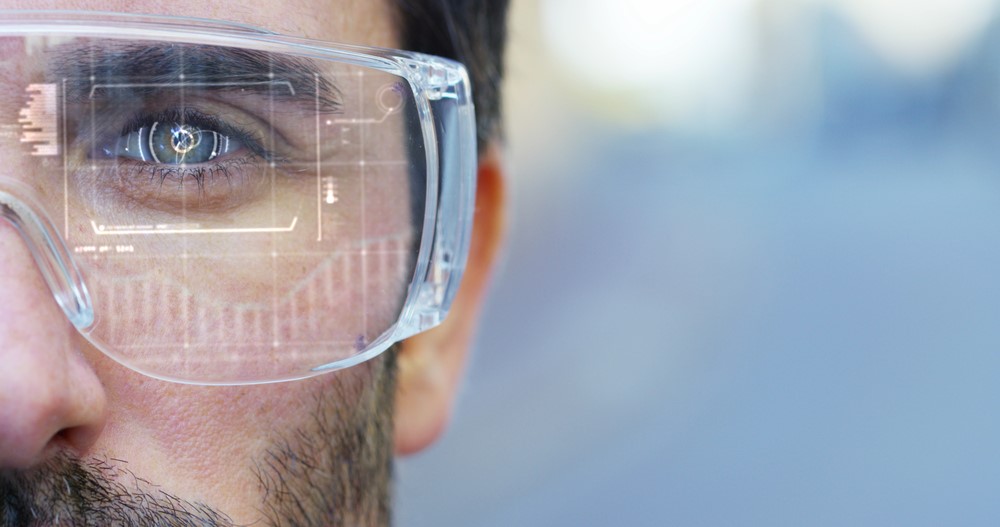Facebook planning smart glasses rollout in 2021
You may recall that several years ago (back in 2013 to be exact), Google brought out Google Glass, a brand of smart glasses that used touch and voice commands to interact with online content, display directions, and act as a phone. The product wasn’t a massive success, but it did kickstart a consumer-focused AR arm’s race.
When we talk about AR or augmented reality, with regards to glasses we mean eyewear with technology that merges what you see in the real-world with an overlay of virtual information from the internet. Examples include directions to a supermarket when you walk and restaurant reviews when you look at a sign.
The AR market is predicted to be worth $100 billion by 2024 and the technology is advancing at a rapid rate. Facebook is the latest juggernaut to enter the fold, and they have plans to put smart glasses on your face by 2021.
Facebook’s move into AR
Facebook owns Oculus, the company behind some of the world’s most popular VR (virtual reality) headsets. AR goes beyond VR by adding digital elements to real life, as opposed to simulating a new environment entirely.
Oculus practically has the VR market sewn up already, so it hasn’t come as a surprise to us that CEO Mark Zuckerberg has recently revealed Project Aria, Facebook’s augmented reality research project that will deliver a product by 2021.
Announced during the fittingly remote Facebook Connect event, Zuckerberg said the goal is to “develop some normal-size, nice-looking glasses that you can wear all day, and interact with holograms, digital objects and information while still being present with the people and the world around you.”
It all sounds exciting, and though we have been here before with Google Glass, Facebook has a track record with VR. They could do the same with AR, and Project Aria is the research project that will deliver the technology needed.
The technology driving AR
To create an AR environment, you need sound, video, graphics, networking, and GPS data. AR requires good hardware and software. If Facebook intends to create “normal-size, nice-looking glasses”, the technology will also have to be refined.
Zuckerberg admits “there’s still a lot of work to be done on the foundational technologies,” but adds that “Project Aria is the first research device we’re putting out into the world to help us understand the hardware and software needed.”
To deliver the end product, Facebook has partnered with luxury eyewear giant Luxottica and it is expected that Facebook’s smart glasses will have Ray-Ban branding. This will help the glasses accommodate a wider range of styles.
Specifications for the 2021 glasses have not been revealed but they are expected to be capable of overlaying directions, music recommendations, localised information (such as what’s around the corner), and integrate with some of Facebook’s features. It’s important to note, however, that nothing is certain.
Also, Facebook is working on its own 100% in-house AR eyewear, which it intends to thoroughly test before bringing any product to market. The tech giant has a reputation to uphold with eyewear (they own Oculus), and if their VR headsets are anything to go by, we are in for a treat when Facebook’s AR glasses finally land.

